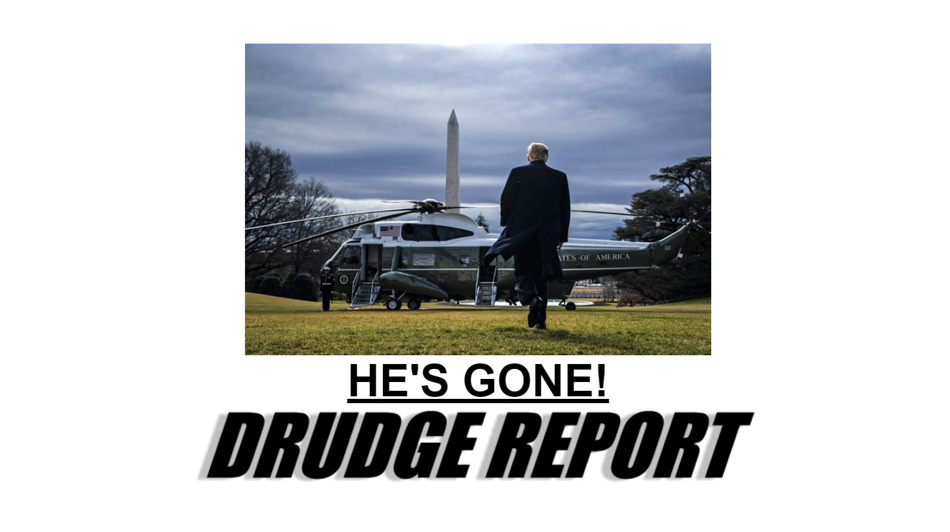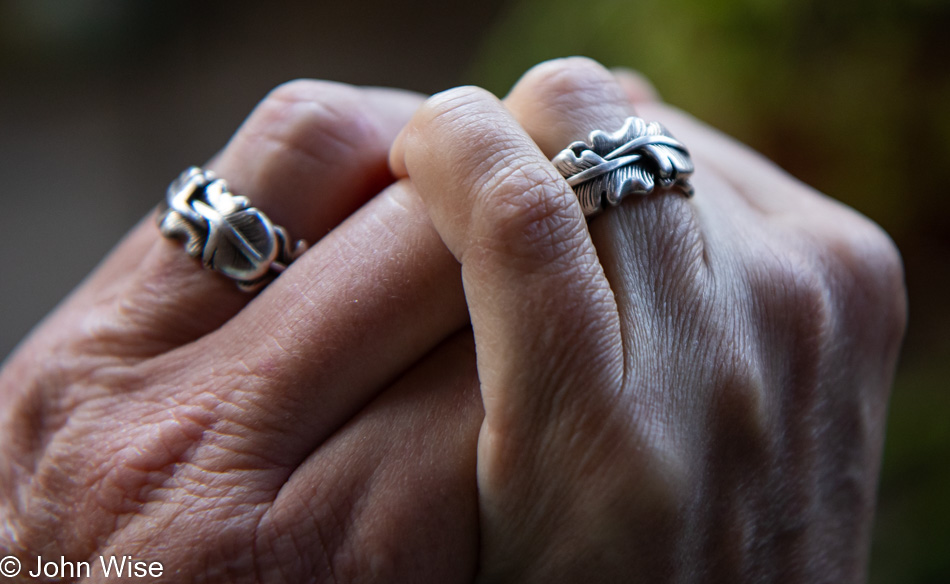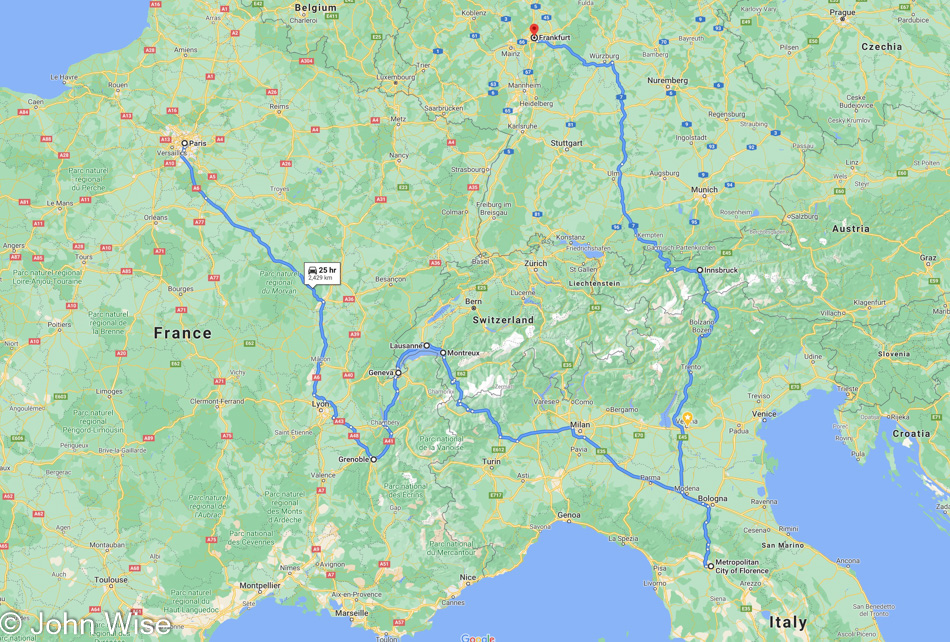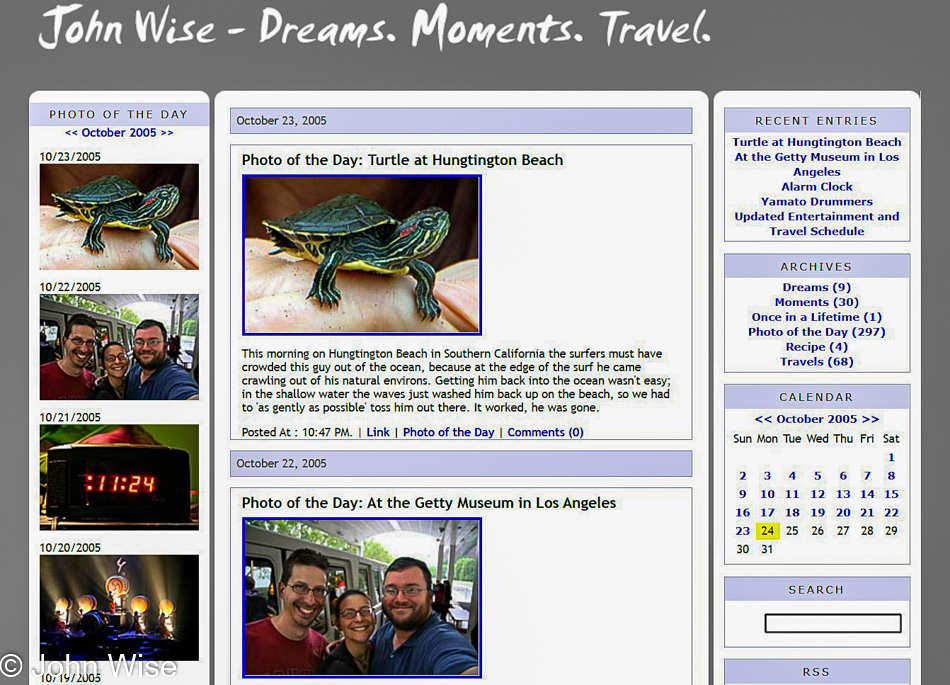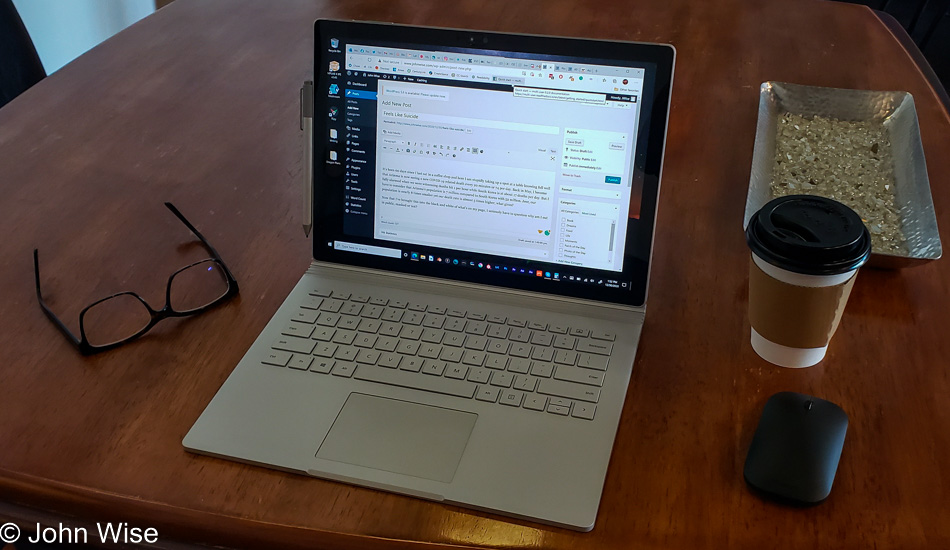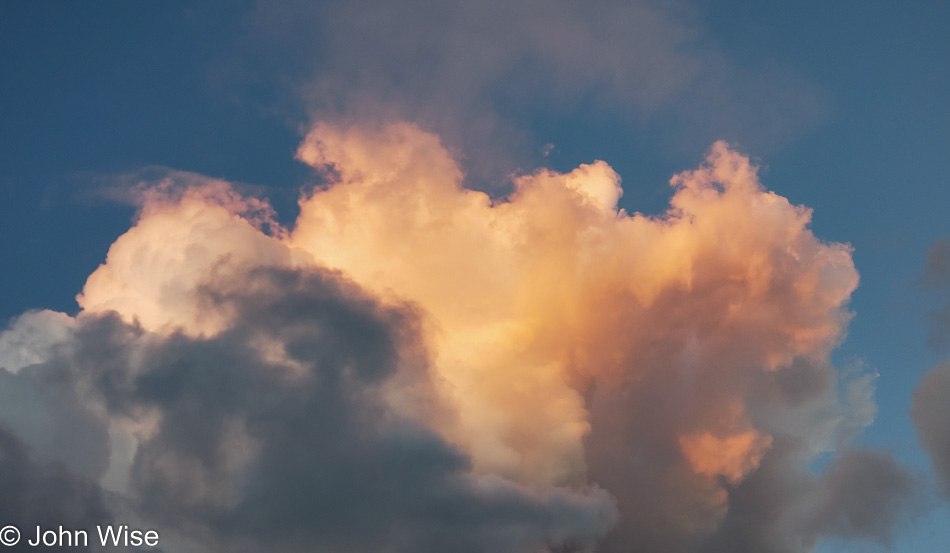
Do you ever participate in national polls? I have and still do, but which ones will remain unknown, although it’s one of the largest agencies. Who it is isn’t the point, though; that I take the 10 to 45 minutes to fill them out is what’s important and I do answer as truthfully as possible. Recently, I completed three polls that asked about couples’ relationships, how I spend my time, and the impact of COVID-19 on various aspects of my life. The first one took about 45 minutes to complete, while the questionnaire about time spent took a complete 24-hour cycle to look precisely at how I spend a random day; in my case, they chose Saturday. Finally, yesterday, I filled out a poll about getting through the pandemic.
You might infer from the title of this blog post that there’s some relevance to it here and there. This is the amount of time Caroline and I have been self-isolating. I should qualify that self-isolating for us has meant a certain amount of inability to act spontaneously in any direction we might want to go, such as traveling. During the first weeks, the pandemic, while stressful, felt as though it was offering us the chance to camp out. Over time, I certainly felt moments of anxiousness in wanting to get out and go somewhere, but the actions of pandemic deniers quickly squashed those feelings, and I was just as quickly content again to be at home. As we approach a year of reduced activity, this recent poll had me assessing where we are in the scheme of things, and I think I need to admit that I’ll miss aspects of self-isolation when it comes to an end.
We’ve learned to enjoy waking up, taking walks, cooking at home, being at home together during working hours, not needing to drive somewhere literally every day, and not being bored because we are mostly at home. The first poll about our relationship dug into happiness and questioned if we are moving apart and looking forward to splitting up after the pandemic passes. I could easily answer that we are likely happier together now than ever before if that’s even possible. On Saturday, when I detailed each segment of the day, the survey made me focus on our routine: wake, snuggle, go for a walk, make breakfast, read, do a chore, go for a walk, make lunch, play at a hobby, read, go for a walk, make dinner, do dishes, go for a walk, watch stupid stuff, play at a hobby, read, snuggle, sleep. Finally, the third poll asked, “Are you doing more exercise, less, or about the same as before the pandemic?” Then it asked, “Are you eating healthier before, now, or about the same during the pandemic?” Another question was about sleep, “Are you sleeping better, worse, or about the same during the pandemic?” To all of them, I had to answer better.
If leaving the pandemic means we have to bolt out of bed, race out on a walk so we can try to wolf down some breakfast before jumping in the car to deal with the slog of driving in traffic to go to the office with a plastic container that will be microwaved for lunch before dealing with the traffic on the way home and finally cooking at 6:00 p.m., I can honestly say that this doesn’t sound remotely appealing.
Work still starts at 8:00 a.m. Monday through Friday and doesn’t end until between 5:00 and 6:30 p.m.; such is the life of an I.T. worker. Heck, it even intrudes into weekends, but the job pays well, and it is always challenging in good ways. While it’s winter and the days are shorter, we afford ourselves the luxury of waking at 5:30, sometimes 6:00 unless it’s the weekend and we feel lazy, and then we might sleep until 7:30. We have this flexibility as we can choose to walk 1, 2, or 3 miles in the morning, where before we had to contend with traffic and being fully ready for everything else in the day as there’d be no going home to grab what was forgotten or meeting up 2 hours later for another walk because we were short on time and only walked a mile before heading to the shower.
Meals are exquisite even when they are simple, as they are made fresh. We eat less because we no longer feel compelled to eat restaurant-sized portions, trying to avoid leftovers that too often end up in the bin. When Caroline takes a break from working at midday, her lunch is being brought to her, and she doesn’t have anything to clean. Instead of reading Reddit during her break or jumping back into work, we go out for a one-mile walk around our neighborhood. During the in-between moments, we are near one another and can share an exclamation of love or run over to offer the other one a hug.
This is how we’ve been living the past 318 days, and by now, this is our cozy routine. Besides the loss of spontaneity of being able to go sit in a coffee shop and write or head out for the weekend on an adventure, life is seriously great. The thing is, we needed this complete stop of the treadmill to force the change. By now, I no longer want to return to eating out the majority of our meals. I don’t want to feel compelled to be away from home as much as possible as though somehow being home is boring. I don’t want to be so busy that walking 5 miles a day is nearly impossible, and most importantly, I always want to know that a hug is nearby.
